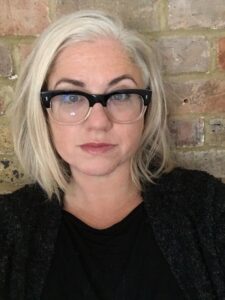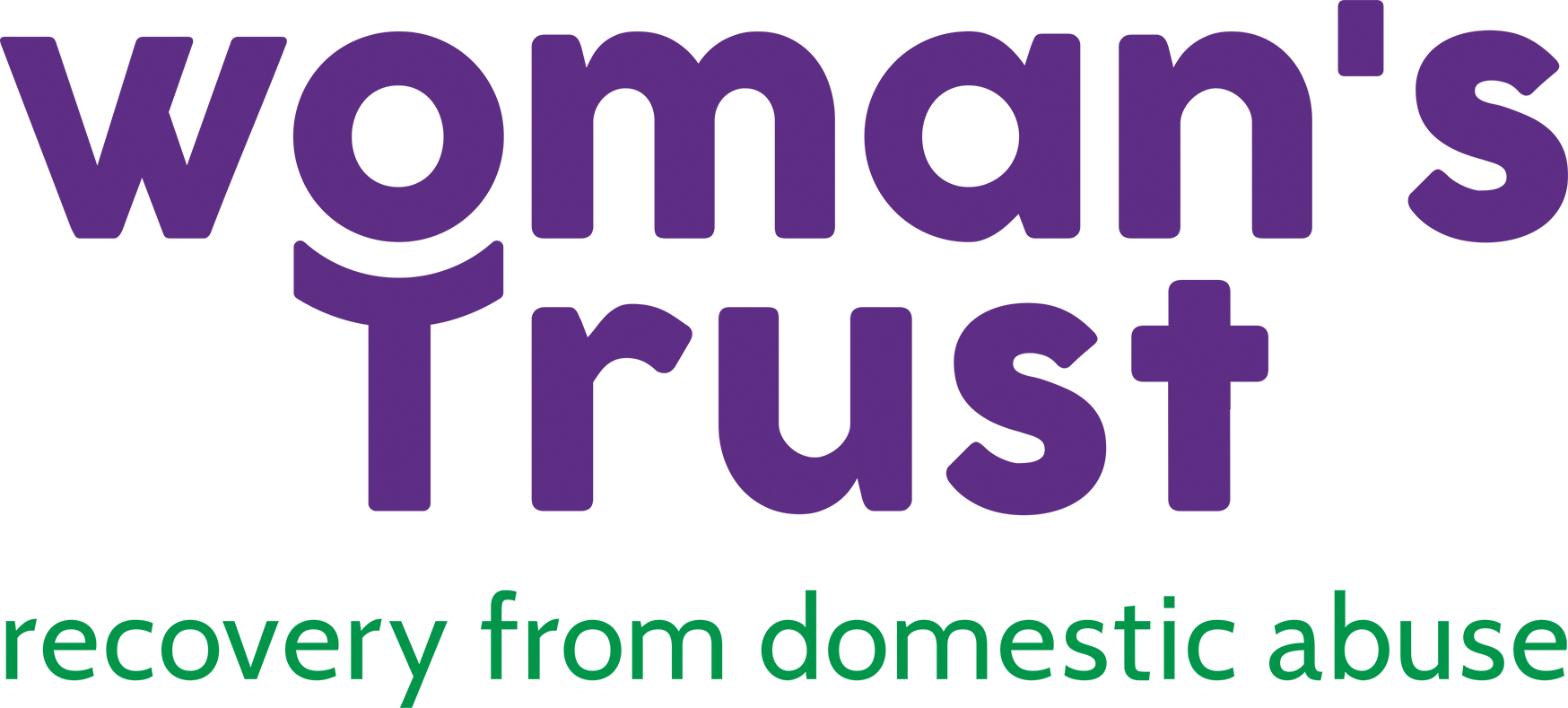 Mental health is finally being talked about more openly, and that matters.
Mental health is finally being talked about more openly, and that matters.
We’re recognising trauma, naming anxiety, validating depression, and speaking more honestly about neurodivergence. People are finding language for what hurts.
That’s good. It’s powerful; it shows progress.
And we need to be mindful that any discussions we have in the sector, or in society more general, around overdiagnosis of mental health conditions, that we do not put people off from getting help. We can’t go back to when people were suffering in silence, ashamed to ask for help, or just even not aware of what their symptoms might mean.
But as a psychotherapist, a survivor of domestic abuse, a neurodivergent woman, and someone working within women’s services, I often sit with discomfort at how quickly distress is turned into diagnosis.
Because while naming our experiences can bring relief, we also need to be honest about the risks of overdiagnosis especially for people who’ve survived harm, grown up in systems that never fit them, or learned to cope in ways the mainstream doesn’t understand.
Where I’m coming from that maybe different to others in the field of mental health
I’ve lived through domestic abuse. I’m dyslexic, and I don’t see that or any form of neurodivergence as a disorder. It’s a difference. One that brings challenges, yes, but also creativity, insight, and in my case tenaciousness. That understanding shapes how I practice, how I relate to others, and how I understand mental health.
As a psychotherapist, I work with people navigating trauma, shame, survival, and systems that don’t always see them. I see how often women are handed diagnoses without context. I see the harm that can happen when we focus on symptoms instead of stories.
That’s why I lean towards an anti-pathology stance. Not because I don’t believe people are suffering, I do but because I don’t believe that suffering always needs to be medicalised.
Feminism taught me to look beyond the label
Feminism and my work with women has taught me that pain doesn’t happen in a vacuum. The people most likely to be diagnosed are often those living at the intersections of multiple forms of oppression. Women, especially those who are working class, Black or brown, queer, disabled, or neurodivergent, are more likely to be pathologised not because they are unwell, but because they are reacting, often brilliantly and bravely, to a world that harms them.
We’re taught to ask, “What’s wrong with you?”
But the real questions are:
- What happened to you?
- What support did you not get?
- What systems failed to protect you?
Misdiagnosis in survivors of abuse
This is especially clear when it comes to domestic abuse. So many of the women I work with have been misdiagnosed. They’ve been labelled with anxiety, depression, or personality disorders but no one ever asked if they were safe. No one asked who held power in their homes, their finances, or their bodies.
We see trauma responses like hypervigilance, dissociation, or emotional shutdown as symptoms of disorder, rather than smart strategies of survival. Women are given pills instead of protection, completely unsuitable types oftherapy instead of justice and healing and in doing so, the reality of what they’ve survived is erased.
Distress isn’t always disorder
We live in a system that’s quick to diagnose and slow to listen. But not everything painful is pathological. Grief, rage, exhaustion, numbness these are human responses. They are evidence that someone has been impacted, not that something is broken.
Diagnosis can be helpful, even life-saving, for some. But for others, it can become a burden. A label that sticks. A shorthand that overlooks context. A way to victim-blame the person for the impact of a society that has failed to keep them safe.
I don’t see neurodivergence as illness or a disorder.
As someone who is dyslexic, I no longer see my brain as disordered just different. And I’ve come to feel the same about other forms of neurodivergence, including autism and ADHD. What if these aren’t disorders at all, but simply ways of thinking, feeling, and being that don’t fit into a world designed for one narrow kind of mind?
We live under systems particularly capitalism that rewards sameness, speed, and productivity. People who think differently are often labelled as “disordered” simply because they don’t conform to these values. But the problem isn’t in our brains. The problem is a world that has no space for difference.
We don’t need to fix neurodivergent people. We need to reimagine the systems around us.
The therapeutic model at Woman’s Trust
At Woman’s Trust, we do things differently. Our therapeutic model is grounded in a person-centred, feminist, and intersectional approach. We meet each woman exactly where she is, right now, without judgment or assumption. We recognise that her experiences are shaped not only by personal history, but by wider systems racism, classism, ableism, homophobia, and poverty that compound the impacts of abuse.
We don’t ask women to prove how traumatised they are before we support them. We don’t require a diagnosis. Instead, we offer compassionate care, trust, and dignity. We believe healing happens in relationship, not in isolation. That’s why therapy at Woman’s Trust isn’t transactional it’s deeply human.
A different vision for mental health
Overdiagnosis is real. But I am not denying distress. For me, it’s about taking it seriously enough to ask better questions. It’s about recognising that many people’s suffering is a direct response to violence, injustice, and exclusion.
I want to live in a world where you don’t need a diagnosis to be believed.
Where survivors aren’t silenced by medical language.
Where different ways of thinking aren’t pathologised.
Where care is collective, political, and seeks justice.
Because mental health isn’t just about the mind—it’s about the world we’re living in.
And everyone deserves to be heard and supported, not pathologised and silenced.
With care and solidarity,
Laura McCarthy
Psychotherapist, and Board Member at Woman’s Trust
